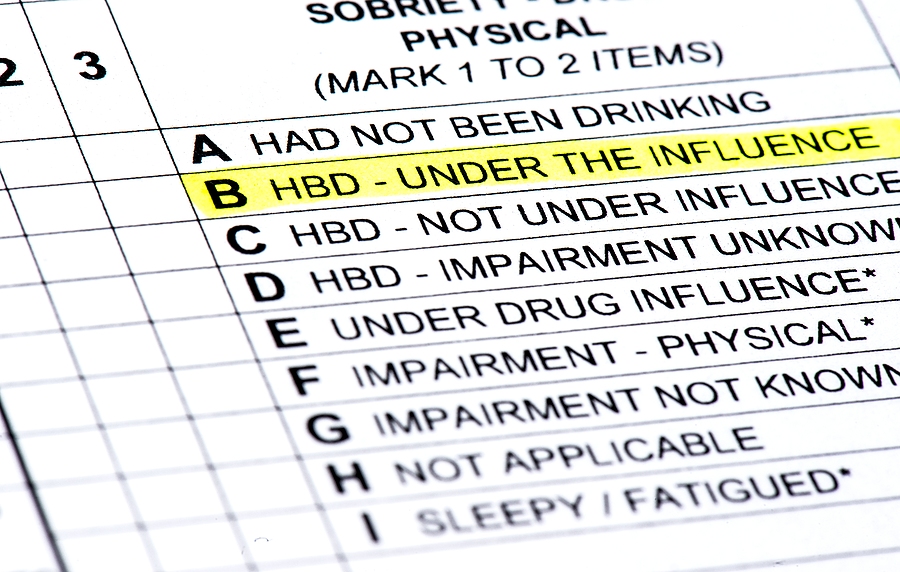A major issue in DUI cases has not been fully fleshed out and has caused a lot of confusion among practicing criminal defense attorneys and judges. When a driver is pulled over and the officer has reasonable suspicion that the driver is under the influence of alcoholic beverages or drugs, does that officer have to obtain voluntary consent before requesting that the driver submit to field sobriety exercises?
The leading case on this issue comes out of the Second District Court of Appeals. In State v. Liefert, 247 So.2d 18 (Fla. 2d DCA 1971), the Second DCA held that when an officer has sufficient cause to believe a driver committed a DUI, the driver’s consent to taking field sobriety exercises is immaterial and the officer can require that the driver submit to them, or the refusal can be used against the driver as evidence of consciousness of guilt.
 In Liefert, an officer observed Mr. Liefert weaving across two lanes of traffic. The officer pulled Mr. Liefert over and noticed an odor of alcoholic beverage. The officer asked Mr. Liefert if he would take some physical sobriety tests and Mr. Liefert agreed. Mr. Liefert was arrested, based in part on the results of the sobriety tests and Mr. Liefert filed a motion to suppress all evidence obtained as The trial court granted the motion finding that the officer did not advise Mr. Liefert of a right to refuse to take the tests.
In Liefert, an officer observed Mr. Liefert weaving across two lanes of traffic. The officer pulled Mr. Liefert over and noticed an odor of alcoholic beverage. The officer asked Mr. Liefert if he would take some physical sobriety tests and Mr. Liefert agreed. Mr. Liefert was arrested, based in part on the results of the sobriety tests and Mr. Liefert filed a motion to suppress all evidence obtained as The trial court granted the motion finding that the officer did not advise Mr. Liefert of a right to refuse to take the tests.
 Jacksonville Criminal Lawyer Blog
Jacksonville Criminal Lawyer Blog


